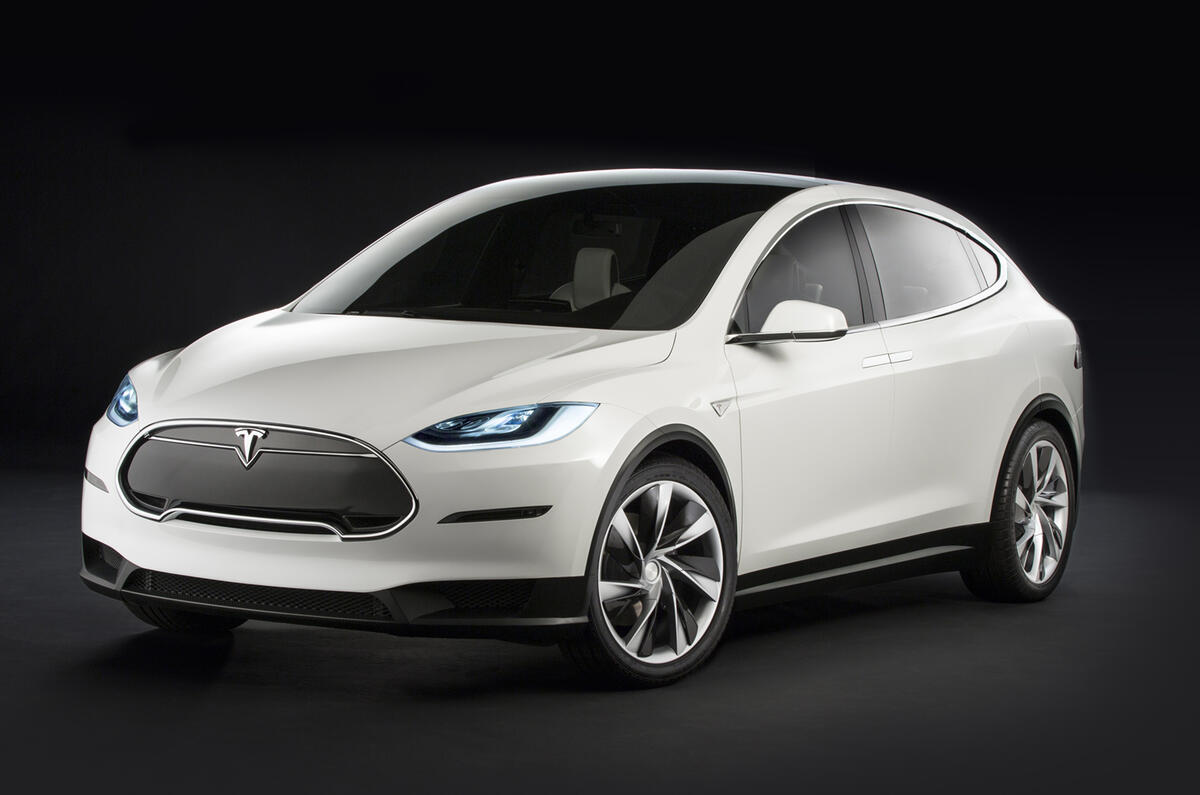Tesla could be building 500,000 EVs a year, according to a report produced by automotive analysts at International Strategy and Investment.
ISI has told investors that Tesla has a major advantage over the competition in that it will not face significant rising costs as global CO2 emissions regulations become ever more onerous. The business case for a premium electric car also seems to be compelling, according to ISI.
While Land Rover and Porsche are realising profit margins of 15-18 per cent – the highest in the mainstream car industry – Tesla could be in line for margins of 25 per cent, rising to a possible 30 per cent by 2020.
ISI has told investors that it believes Tesla to have a “tangible lead” in both product and technology and that battery electric vehicles (BEVs) are likely to be the “optimum solution as original equipment manufacturers pursue tailpipe emission-free cars” rather than cars with hydrogen fuel cells.
ISI said: “[Tesla] has a market-leading product for which there is no obvious competition [and] has already created substantial brand equity through product and innovation. Global legislation, namely emissions regulations, is a tailwind [for Tesla] yet a headwind for the [premium] competition.”
Tesla’s estimations suggest that the cost of batteries should fall by about 30 per cent, with ISI estimating a 13 per cent drop in the factory cost of the Model S by 2020. Mainstream car makers, by contrast, will be faced with rising costs as they switch to hybrid transmissions to meet CO2 regulations.
Tesla is also poised for greater success in China, ISI has asserted, not only because premium car sales in the country are booming but also because the Chinese authorities are pushing for a much greater uptake of BEVs.
Estimates quoted by ISI suggest that China wants as many as five million BEVs on its roads by 2020, along with some 4.5m charging points.
On the open market, ISI said Tesla is attracting buyers from Mercedes, Lexus and BMW as well as pulling in significant numbers of Toyota Prius customers looking for a premium upgrade.
The nature of Tesla’s increasing competitiveness in the marketplace became clear last week when Daimler sold its four per cent stake in Tesla, raising £487m. Analysts suggest that the move shows how Tesla has now become a serious rival for premium luxury car makers, rather than a technical partner.
Get the latest car news, reviews and galleries from Autocar direct to your inbox every week. Enter your email address below:





Add your comment
Let's wish Tesla all success . . .
When?
From roughly 30,000 to half a million is a gigantic rise. The demand for EVs will increase and Tesla is set to gain from it.
Especially if China takes to EVs, then Tesla would really need that mega battery factory they're building with Panasonic.
Tesla is already struggling to meet the current demand of their one and only EV saloon - on sale only in Europe and US.
It is easy to get carried away in praise of Tesla. Its achievements so far have dazzled even people like myself who only have a distant interest in EVs as an alternative powertrain for the future.
I can't think of any other car maker that managed to shake the whole motoring establishment with one single product.
Tesla Model X is set for release next year. Given our insatiable appetite for SUVs and that car's incredible ability, I don't see why Tesla won't have another winner in its deck?
However it will be the smaller saloon and its likely variants that could drive Tesla to an imminent EV world domination in terms of numbers that Mr Holloway mentions in his article.
Half a million cars is a relatively huge number. Tesla doesn't currently have the capacity to produce that many batteries. Let alone cars. By 2025, may be.
What proportion of the cost